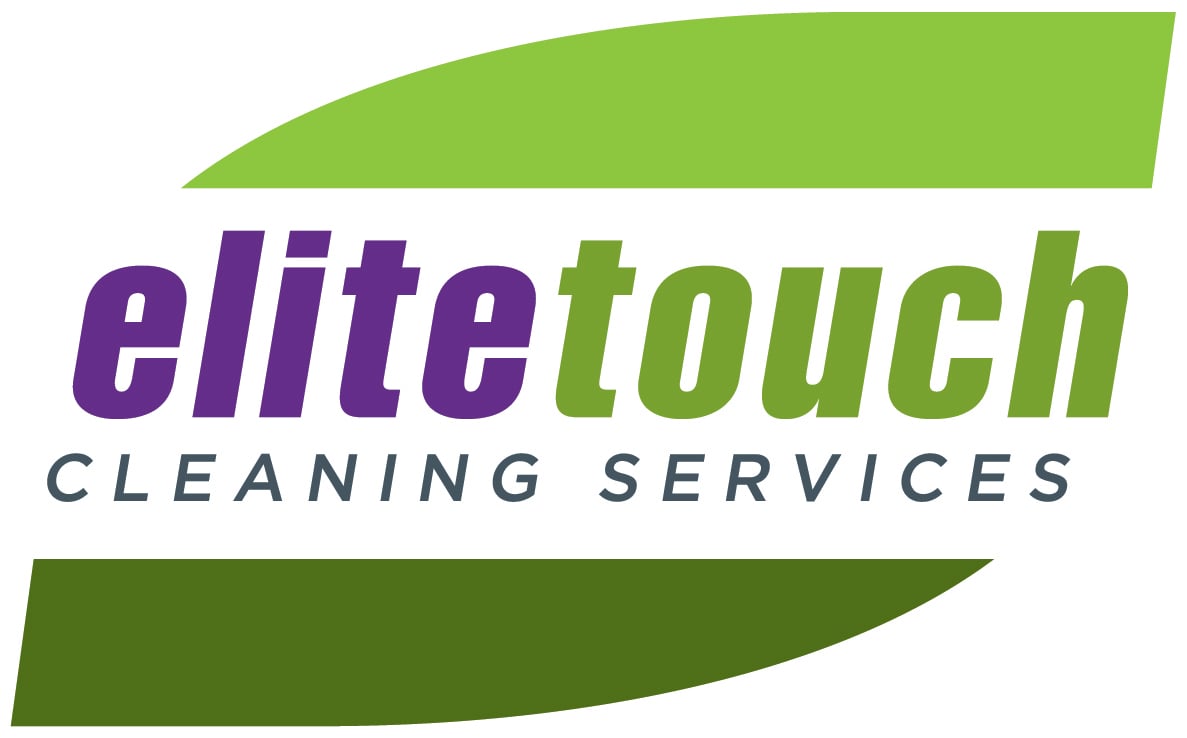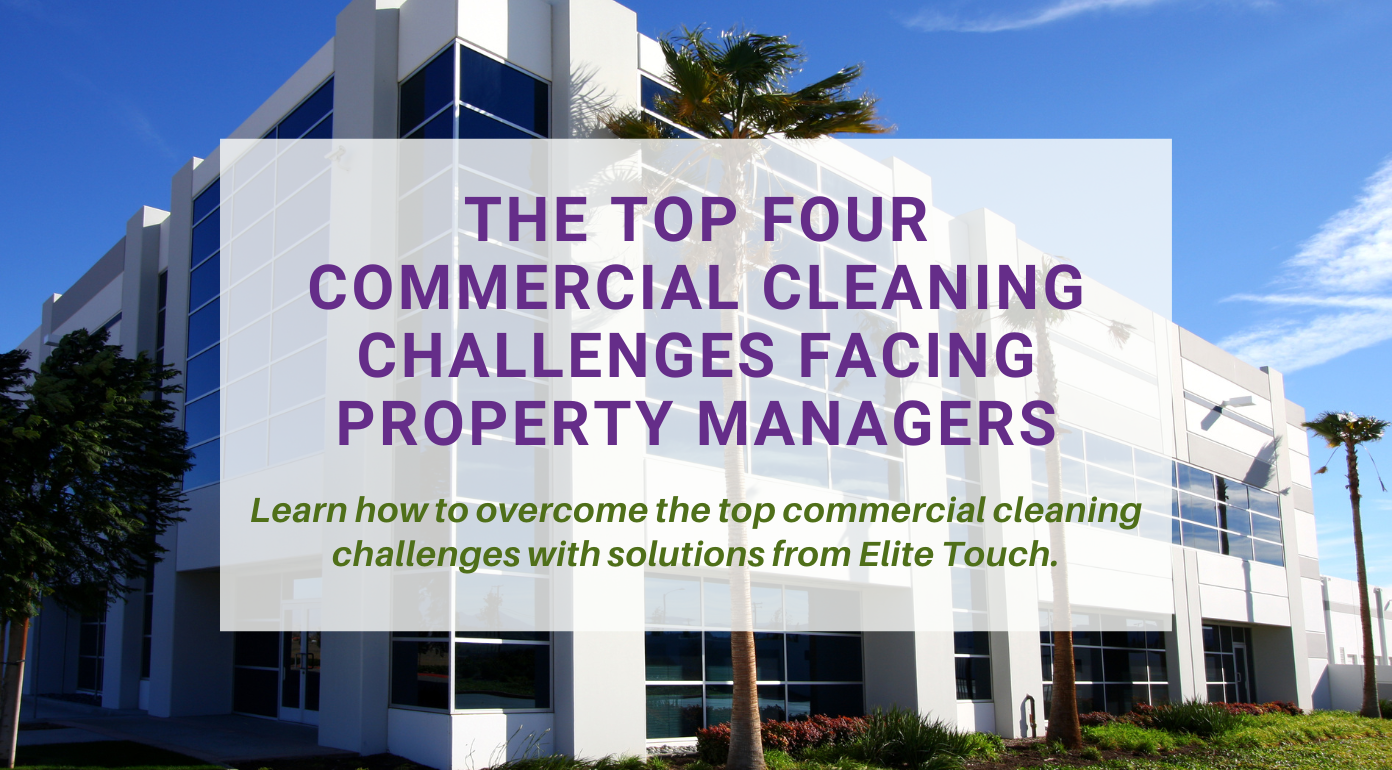Beyond the Complaint Log: How a Proactive Cleaning Strategy Makes You an Experience Manager, Not a Problem Solver

Take a look at your inbox. Right now. How many emails are about small, recurring issues? The recycling bin by the mailboxes is overflowing again. The wipe dispenser in the fitness centre is empty. There’s a smudge on the glass of the main entrance door.
Your day is spent chasing down these little fires. You have become the chief problem-solver, the central hub for every minor complaint, a relay station between frustrated residents and your cleaning vendor.
But what if this constant, reactive grind isn't a requirement of your job? What if it's actually a symptom of a broken system?
The truth is, a property manager buried in cleaning complaints is not a sign of a needy community. It’s a sign of a reactive, inefficient cleaning strategy. There is a more effective, more strategic, and frankly, more satisfying way to work. It requires moving beyond the complaint log and becoming what you were meant to be: an Experience Manager.
The Hamster Wheel of a Reactive Cleaning Model
You know this system well because you live in it every day. A resident notices a problem. They email you. You forward that email to your cleaning company’s account manager. They send someone to fix that one specific issue. The next day, the same problem happens in a different part of the building.
This model is designed to fail.
It places you, the property manager, in a constant state of reaction. Your valuable time and energy are consumed by low-impact tasks that do nothing to improve the property long-term. You're not managing the property; you're managing a list of problems.
The core issue is that a reactive service only fixes what is reported. It never addresses the root cause. A cleaner who is only told to "empty that one overflowing bin" will do just that. They have no incentive or instruction to ask why it's overflowing and suggest a system-level fix, like adding a second bin or increasing the pickup frequency on high-traffic days.
What a Proactive Cleaning Strategy Actually Looks Like
A proactive cleaning strategy isn't just about "better cleaning." It's about a smarter system of communication and management that removes you from the centre of every minor issue.
It’s built on two key principles:
- Finding the Problem First: A true partner doesn't wait for your residents to be their quality control team. They use regular, documented inspections to find potential issues before they ever make it to your inbox. Their cleaning staff are trained to be the "eyes and ears" of the property—to spot the scuff mark, the flickering light, the loose tile, and report it through their own channels so it can be fixed immediately.
- Solving the Pattern, Not Just the Incident: A proactive partner analyzes the data. They don't just see one complaint about an empty wipe dispenser. They see a pattern: the dispenser is always empty by 6 p.m. on weekdays. The solution isn't to fill it once after a complaint. The solution is a proactive cleaning strategy to change the service schedule to include a "top-up" of all consumables right before the evening rush. This solves the problem permanently and prevents dozens of future complaints.
When you have a system like this, the stream of complaint emails slows to a trickle. With a proactive cleaning strategy problems get solved before you even know they exist.
The Freedom to Manage the Experience
What do you do with all the time and mental energy you get back when you're not chasing down minor cleaning issues?
You get to do the job you actually want to do.
You transition from a Problem Solver to an Experience Manager. Instead of spending your morning managing complaints, you can plan a community event for the rooftop deck. Instead of emailing your vendor about a dirty floor, you can research new smart-home technology to propose to the board. You get to focus on the high-impact, strategic initiatives that genuinely improve resident life, build community, and increase property value.
This proactive cleaning strategy shift is transformational. It turns a frustrating, reactive job into a rewarding, proactive career.
The choice is yours. You can continue to live in your inbox, trapped on a hamster wheel of recurring problems. Or you can demand a partner who provides a proactive cleaning strategy, freeing you to become the leader your community truly needs.
Look at your to-do list for tomorrow. Is it being written by your residents’ complaints, or by your own strategic vision for the property?


